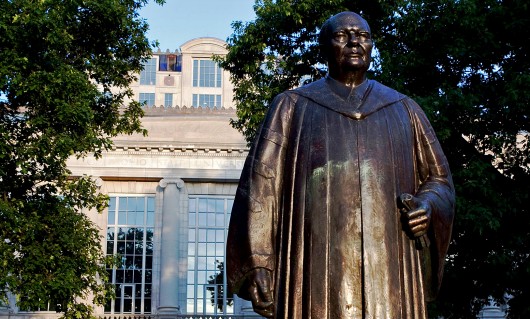
The university archives at Ohio State launched surveys to document the experiences of students, staff and faculty during the COVID-19 pandemic. Credit: Courtesy of Ohio State
When Ohio State closed its campuses and transitioned all classes online amid COVID-19, the lives of students, staff and faculty were uprooted. Now, the university archives wants them to share their experiences.
The archives launched surveys in April asking students, staff and faculty how they’ve handled the transition to virtual instruction, how their living situation changed and how social distancing has affected relationships, according to the archive’s website. The surveys may be used by future researchers to understand how lives changed during a global pandemic.
“If we don’t try now, we may never get this important piece of the puzzle,” Kevlin Haire, assistant university archivist, said. “In the 1918 pandemic, there was no archives and there was no one trying to gather their experiences, and so we know very little about what this was like for students at that time.”
In the past, the university had to rely on donated materials — such as letters and diaries — and interviews to document history on campus. But Haire said these materials can be lost or discarded over time and interviews often take place years after an event, when someone’s memory could be less accurate.
By gathering testimonies during the pandemic, the archives can build a more accurate picture for researchers, Haire said. The responses will also build a more complete picture.
If future researchers only had news stories, they’d have a narrow set of information and personal narratives to use. Haire said that by casting the net wide and gathering student, staff and faculty testimonies, researchers will have more accounts to form a clearer view of the pandemic’s personal impacts.
“These will add a lot of information that just can’t be put into the news stories,” she said.
The archivists have already looked at a few of the 678 student responses and they tend to focus on the financial difficulties and the emotional strain that leaving campus has had, Michelle Drobik, a reference archivist, said.
“There’s a lot of emotions there, and it’s good to have because they’re currently facing that right now. So I think the responses are really enlightening for what they’re going through,” Drobik said.
So far, the archives have received 793 responses from faculty and staff. The responses from the surveys — which can be taken anonymously — may also be used by the university to evaluate the switch to complete virtual instruction, Haire said.
The surveys will close June 1, Halle Mares, an archives program assistant, said. Students can fill out the survey here. Staff and faculty can respond to the survey here.
Update: This story was updated to reflect the date the surveys will close.


